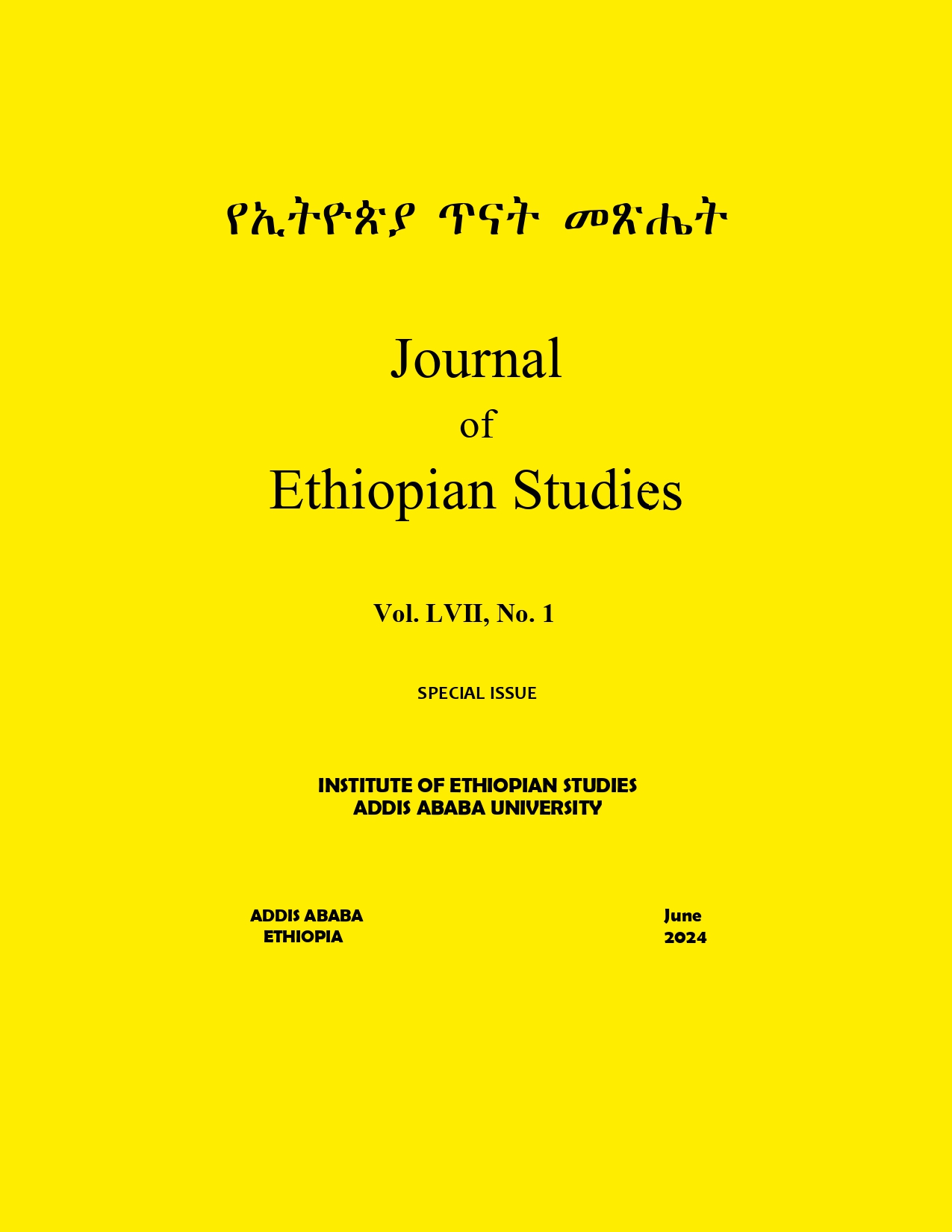Konso Indigenous Knowledge and Social Institutions: the Crux and Kernel of Environmental Adaptation
Keywords:
Indigenous Knowledge, Indigenous Institutions, Environmental Adaptation, Situated Learning, Post –developmentAbstract
This article delves into the place and role of Indigenous Knowledge (IK) and social institutions in human environmental adaptation. It has explored how Konso social institutions shaped and sustained a culture of environmental adaptation in the face of natural and anthropogenic adversities. A qualitative research approach has been employed to carry out the research. Longitudinal observation, in-depth interviews, and focus group discussions constituted the major data-gathering tools, while ‘Situated Learning Theory’ provided an essential framework for exploring modes of knowledge acquisition and transmission. The study revealed that the Konso people have devised complex and mutually reinforcing indigenous institutions that prop up a culture of environmental adaptation. While efficient methods of labor organization ensured mobilization and coordination of the needed manpower to build terraces and water ponds, neighborhood and clan organizations, together with the “Poqalla” institution, have nurtured the youth to observe and uphold established norms, ancestral values, and work ethics. It was also found that in light of the demographic shift and socio-political changes that have transpired through time, Konso traditional environmental wisdom exhibited both resilience and exceptional dynamic agility. Embedded in and mediated by indigenous social institutions, skillful adaptation to environmental challenges has become the hallmark of Konso survival strategy.


